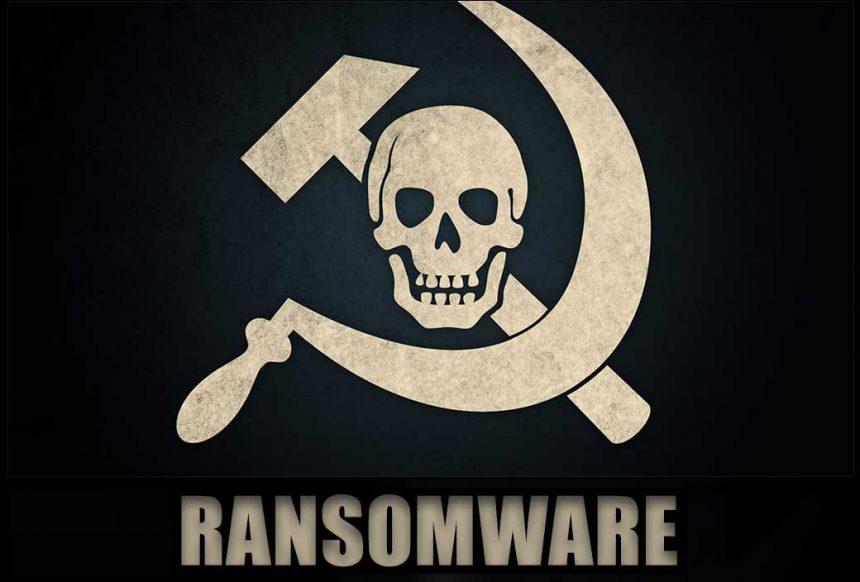The STOP/Djvu Ransomware Family Continues to Grow with UIHJ Ransomware
UIHJ Ransomware is another variant to join the ever-growing STOP/Djvu Ransomware family. Like other related programs, it infects PCs and locks users’ files that include documents, music, pictures, video files, and others.
The hackers behind UIHJ Ransomware demand $980 for a ransom in exchange for a decryptor that should supposedly help you regain your data. If your computer has been infected with UIHJ Ransomware, you should immediately disconnect any other devices from the compromised PC to prevent the further spread of the ransomware.
Once the malware gets installed on the victim’s system, it employs a military-grade cryptographic algorithm to lock up important files. UIHJ Ransomware received its name from the telltale ‘.UIHJ’ extension that it appends to all infected files. Users will also find a ransom note on the computer’s desktop titled“_readme.txt.” This note instructs users to contact the hackers via restorealldata@firemail.cc or gorentos@bitmessage.ch. It also offers to decrypt one affected file for free to prove that hackers can unlock the files. The file, however, must not include any valuable information. The ransom note also instructs victims to pay $980 or $490. The lower ransom price depends on whether or not the contact is made within the first 72 hours after the attack.
Unfortunately, an online decryption tool that could restore files affected by UIHJ Ransomware is not available at the moment. The only reliable way to recover infected files is to restore them from a file backup. Users may also try using alternative data recovery options. However, there’s no guarantee that alternative data recovery tools can unlock all the encrypted files.
Text on Screen: How Can I Fight UIHJ Ransomware?
The best way to weather a UIHJ Ransomware attack is to scan for and remove elements of this nastyransomware and other infections using reputable malware remediation software. Additionally, to mitigate possible damages in a future ransomware attack, you should keep backup copies of your valuable data on an external hard disk or a cloud drive.





